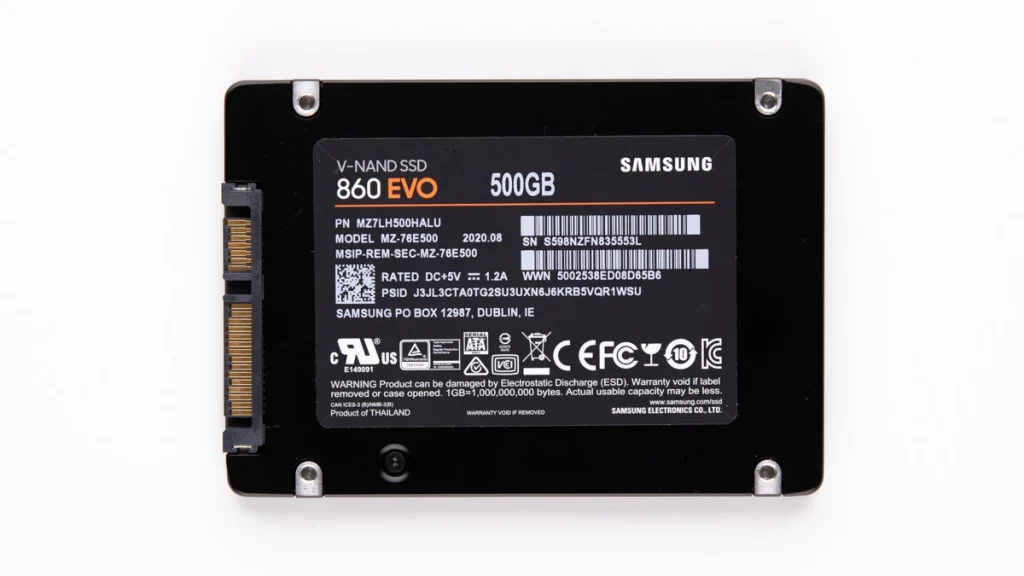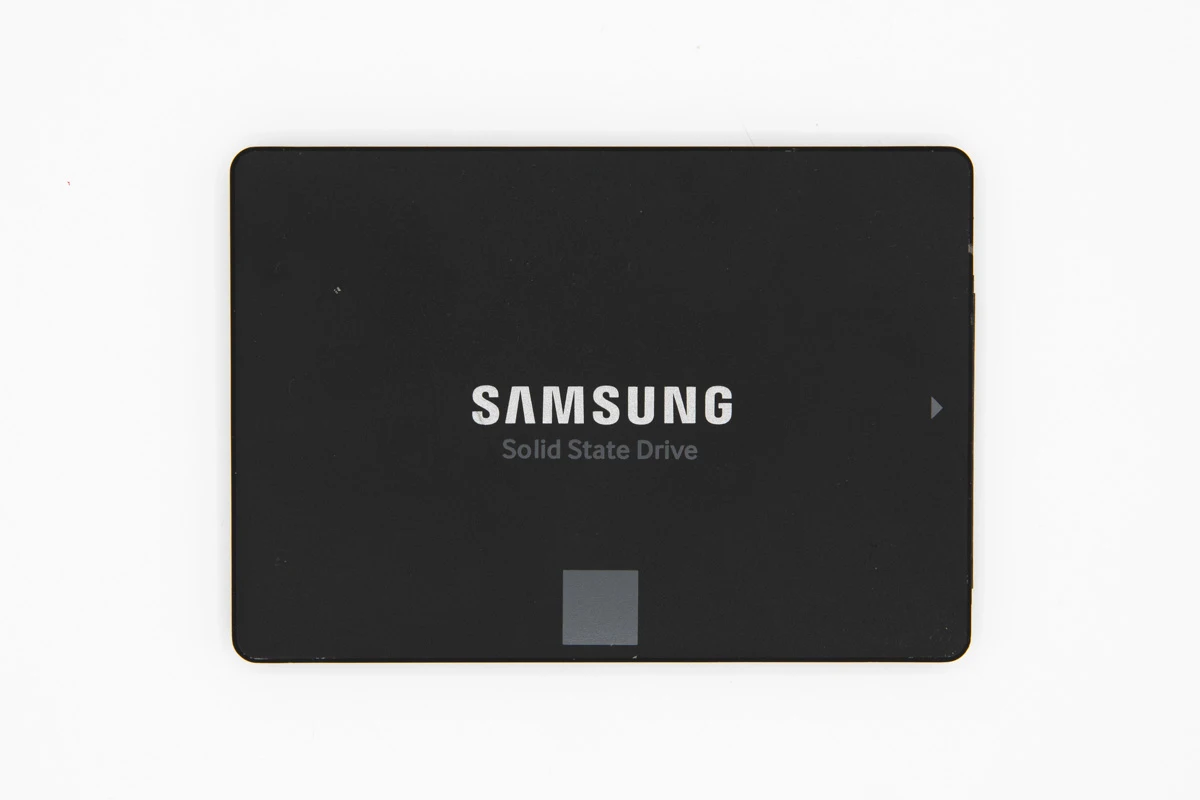The team at PITS Global Data Recovery Services regularly encounters various types of data loss scenarios on different brands and models of SSDs. While the most common cause of data loss is physical damage to the storage device, other reasons can be just as devastating. Our experts can deal with any data loss scenario on a solid-state drive.
Recently, one of our clients reported a failure of his Samsung SSD Evo. Upon further investigation, our customer service team provided all the details about the recovery process, and we accepted the device at our facility.
Start of Samsung SSD Data Recovery Process
Once we had the device, we performed an exhaustive evaluation to determine the cause of the data loss. This evaluation aimed to identify the exact scanning process necessary to recover permanently deleted data from the Samsung SSD.
Our evaluation revealed that the Samsung SSD drive had become corrupted due to a firmware issue. The drive could not communicate with the host system, and our engineers were not able to access any of the data.
After further analysis, our engineers noticed that several sectors on the drive had become unreadable. It needed to be clarified what type of data these sectors contained. Our engineers knew that a thorough data recovery process was required to recover any remaining information.
Successful Recovery of Samsung SSD Data
Our team of experts used proprietary tools and advanced technology to perform a complete logical scan of the storage device. This enabled us to identify the unreadable sector locations and extract the lost files contained within each sector.
Engineers at PITS Global Data Recovery Services utilized several advanced tools and technologies to recover lost data from the Samsung SSD Evo.

First, our experts used a proprietary method designed specifically for Samsung SSDs to perform a deep logical scan of the storage device. This step helped us to identify unreadable sectors and attempt to extract any remaining data contained within them.
In addition, our engineers used specialized hardware tools designed to interface with SSDs and read the stored data. This enabled us to access the physical memory chips of the Samsung SSD Evo without damaging its internal components.
The result was a complete success, and our engineers could recover all the permanently deleted data from the Samsung SSD. We notified our client immediately and scheduled a verification session.
How Our Verification Session Went
We performed a verification session to ensure that all recovered files were restored to their original state. Our technical team carefully examined each file and compared it to the initial version. Our process involved comparing each file’s metadata and then using hashing algorithms to compare the contents.
We also conducted a visual comparison of the data within each file to confirm the accuracy of our process. The results of these tests allowed us to guarantee that all data was accurately restored to its original state during the recovery process. The customer approved all the recovered data, and we sent him the files via a new external drive.
Our data recovery services offer unparalleled accuracy when recovering data from Samsung SSDs. We understand that data loss can be a difficult experience, so we are dedicated to providing reliable solutions for all our clients.
Advantages of Our Services:
At PITS Global Data Recovery Services, we take pride in recovering deleted files, even on solid-state drives. Our team is experienced in performing Samsung SSD data recovery, allowing us to provide customers with the best possible results. Whether you are dealing with data loss due to a system failure or accidental deletion, we can help you recover your data quickly and securely.
Get in touch with us today by filling in the form below or calling us at 888 611 0737. We will gladly help you recover your data from your data storage device.
Request Help
"*" indicates required fields
